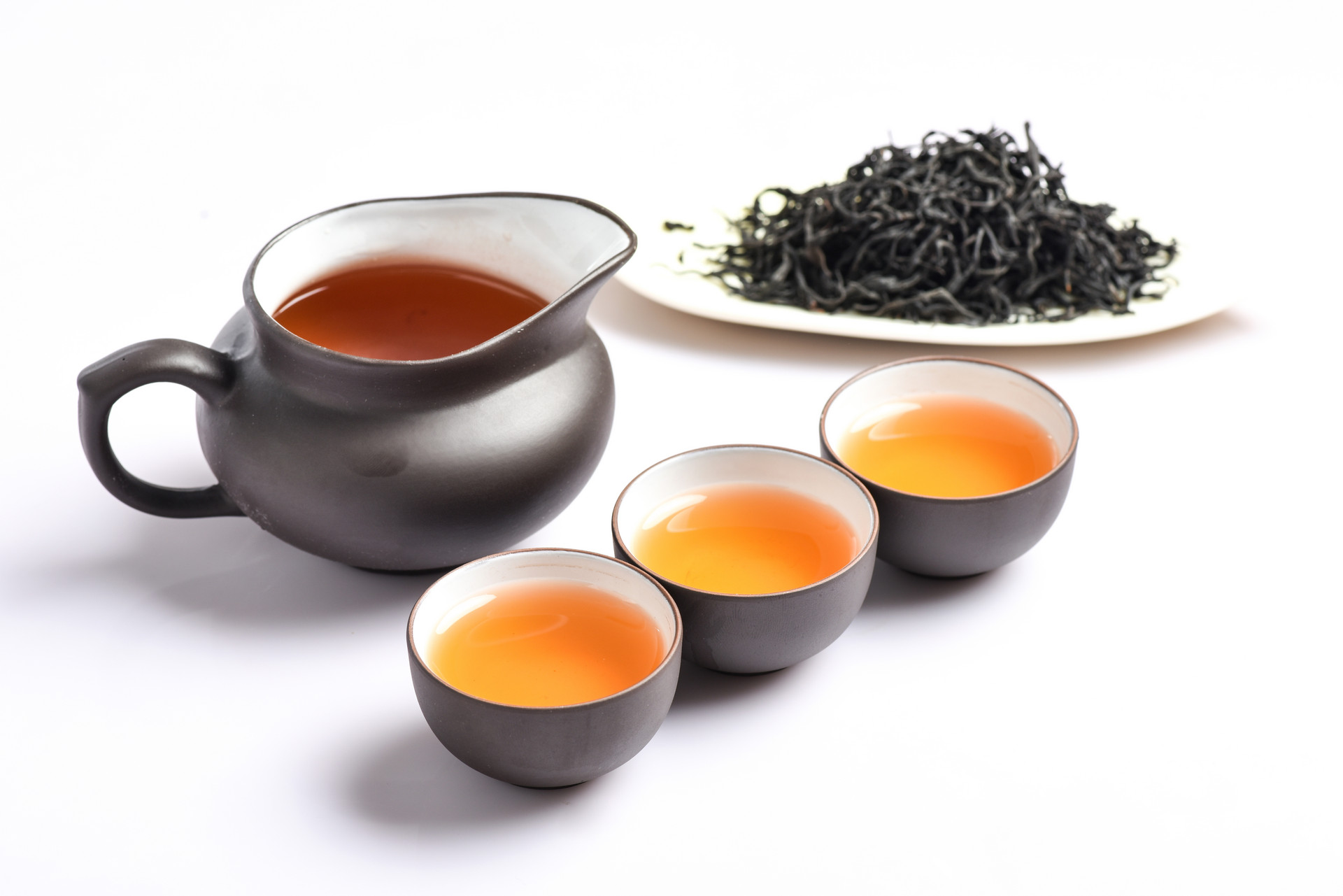Many people enjoy drinking strong tea after consuming alcohol, as they believe it has a sobering and health-promoting effect. However, this is a misconception. According to the theory of yin and yang in Traditional Chinese Medicine, the taste of alcohol is considered pungent and enters the lungs. The lungs are responsible for the skin and are closely related to the large intestine. When drinking alcohol, it is recommended to take advantage of its yang-ascending and dispersing nature, which helps to elevate yang energy, strengthen the lungs, and promote the circulation of qi and blood. On the other hand, the taste of tea is bitter and belongs to yin, with a descending nature. Drinking tea after alcohol consumption can drive the alcohol property towards the kidneys. The kidneys govern water, and excessive water leads to dampness. This can result in symptoms such as frequent urination, impotence, testicular pain, and constipation.
Modern medicine has confirmed these biochemical changes in individuals who drink tea after consuming alcohol. After alcohol is consumed, ethanol enters the bloodstream through the gastrointestinal tract and is metabolized into acetaldehyde in the liver. Acetaldehyde is then converted into acetic acid, which is broken down into carbon dioxide and water and excreted. Drinking tea, however, leads to the rapid diuretic effect of the caffeine in tea leaves, promoting the premature entry of undigested acetaldehyde into the kidneys. Acetaldehyde is a harmful substance that can significantly irritate the kidneys. Since the kidneys do not possess detoxification functions for acetaldehyde, kidney function can be affected, and individuals who frequently drink strong tea after alcohol consumption are more prone to kidney disease. Furthermore, ethanol in alcohol has a strong stimulating effect on the cardiovascular system and can excite the heart. Therefore, individuals with heart disease are at even greater risk when drinking tea after consuming alcohol.









